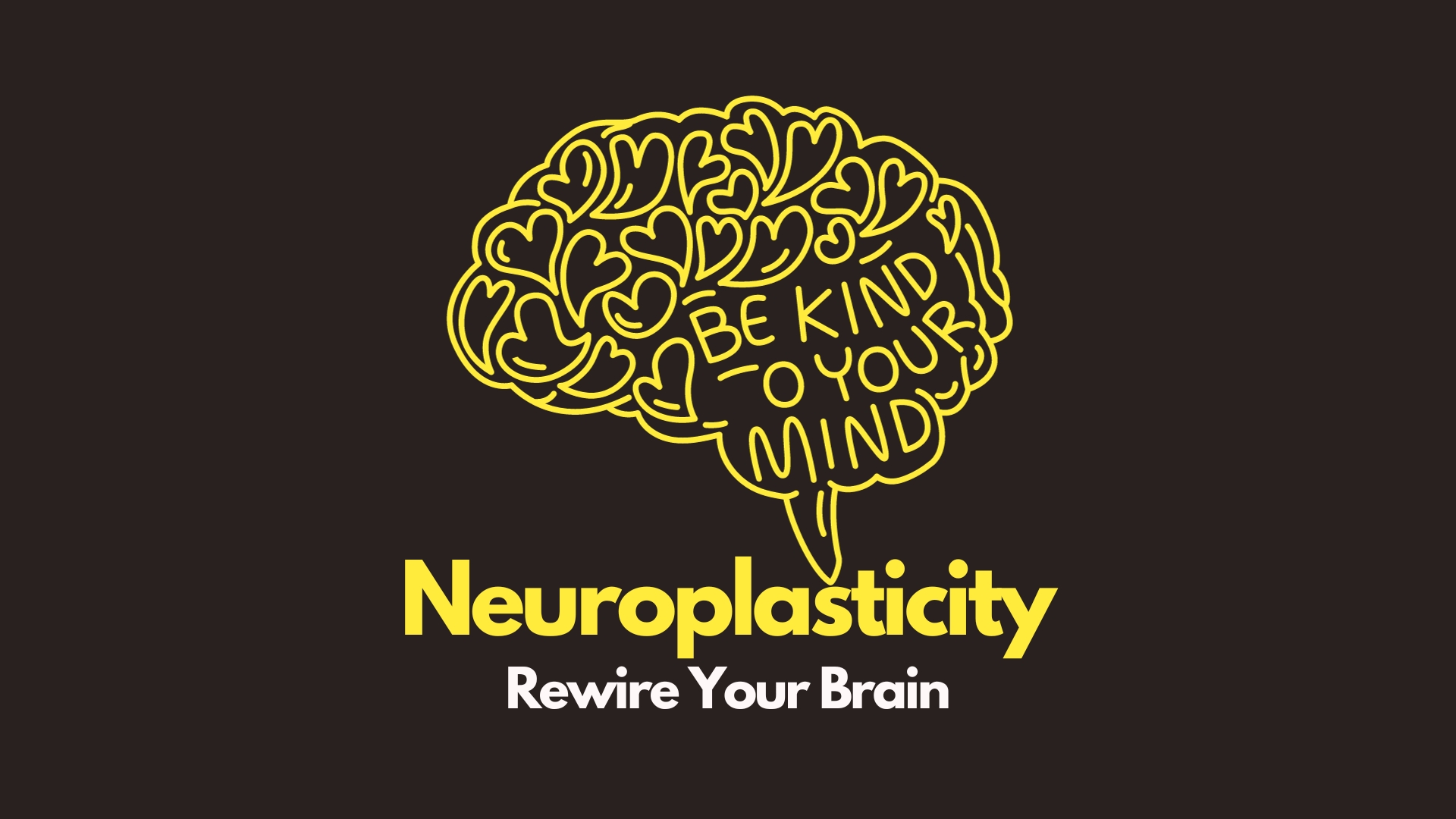Published
- 3 min read
Rewiring the Human Brain: The Power of Neuroplasticity

Introduction: Meet Your Adaptable Brain
How incredible is the human brain? Have you ever wondered if you could teach your old brain new tricks? The answer is a resounding yes! Thanks to neuroplasticity, your brain can adapt and reconfigure itself throughout your life. This article is your go-to guide for understanding the intricacies of neuroplasticity, from learning and memory to injury recovery and mental health. Get ready to unlock the endless potential of your amazing brain!
What is Neuroplasticity?
Neuroplasticity is the brain’s extraordinary ability to reorganize itself by forming new neural connections. It sounds complex, doesn’t it? Let’s break it down. Essentially, it means your brain is like a city road network—always under construction. New roads and detours replace old, unused ones. This dynamic restructuring is vital for learning, adaptation, and recovery.
The Evolution of Our Understanding
Time to hit the rewind button. In the past, scientists thought that the brain’s functions were rigid and unalterable beyond childhood. Boy, were they wrong! Groundbreaking discoveries have revealed that our brains continue to rewire themselves throughout our lives. So yes, you can teach an old dog new tricks—or in this case, an old brain!
Mechanisms Behind Neuroplasticity
Understanding neuroplasticity requires diving into its biological mechanisms. What happens in the brain when it’s in a state of change? The action occurs at synapses, the junctions where neurons communicate. Here’s how it works:
- Strengthening Connections: Like building a friendship, the more time neurons spend together, the stronger their connection becomes.
- Weakening Connections: Conversely, unused connections fade away, just like a neglected friendship.
- Forming New Pathways: Picture a hiking trail. The more you walk it, the clearer the path becomes.
Impacts on Learning & Memory
Think of neuroplasticity as your brain’s personal trainer. When you learn or experience something new, your brain flexes its muscles, building stronger connections and making information processing more efficient. Let’s break down its significant impacts:
- Enhanced Learning: Acquiring new skills becomes a breeze.
- Improved Memory: Your recall abilities become sharp as a tack.
- Cognitive Flexibility: Adapting to new situations? No problem!
Neuroplasticity & Brain Injury
Imagine breaking a leg and using crutches to shift the weight to the healthy leg. The brain does something similar after an injury. Whether it’s a stroke or traumatic brain injury, neuroplasticity can play a crucial role in healing. Real-life example: Meet Sarah, who regained her speech and motor skills after a devastating car accident, all thanks to her brain’s adaptability.
Strategies to Promote Neuroplasticity
So, how can you leverage neuroplasticity to supercharge your brain? Here are some proven strategies:
- Mindfulness: Helps you manage stress and focus better.
- Physical Exercise: Gets those neurons firing!
- Adequate Sleep: Recharges the brain for another day of learning and adapting.
- Nutrition: Omega-3s and antioxidants are your brain’s best friends.
Mental Health & Neuroplasticity
Beyond physical injuries, could the brain’s adaptability be a boon for mental health? Absolutely! Conditions like depression and anxiety might be rooted in maladaptive neural pathways. Rewiring these pathways could offer novel therapeutic avenues.
Future Prospects & Societal Implications
Here’s where it gets exciting. We’re standing on the cusp of a new frontier in neuroscience. What if schools, rehabilitation centers, and even workplaces leveraged neuroplasticity for better outcomes? The potential is endless and thrilling.
Conclusion: The Marvel of Adaptability
And there you have it! Your brain’s remarkable ability to adapt and change is nothing short of miraculous. By understanding neuroplasticity, we can harness it to better our lives in countless ways. From mastering new skills to overcoming life’s challenges, the adaptable brain holds the key. So, are you ready to tap into the limitless potential of your brain?